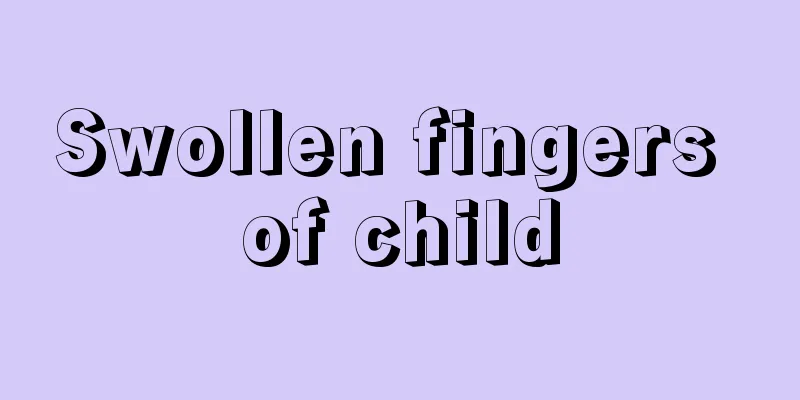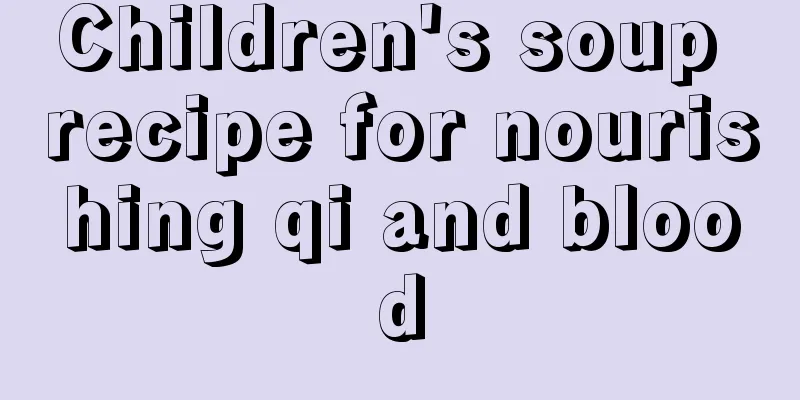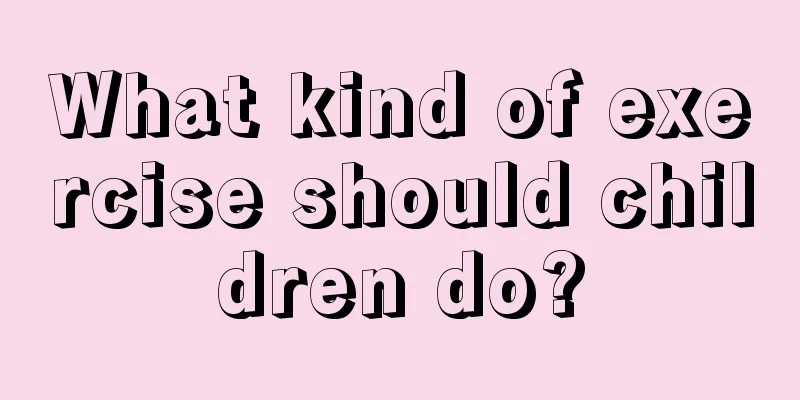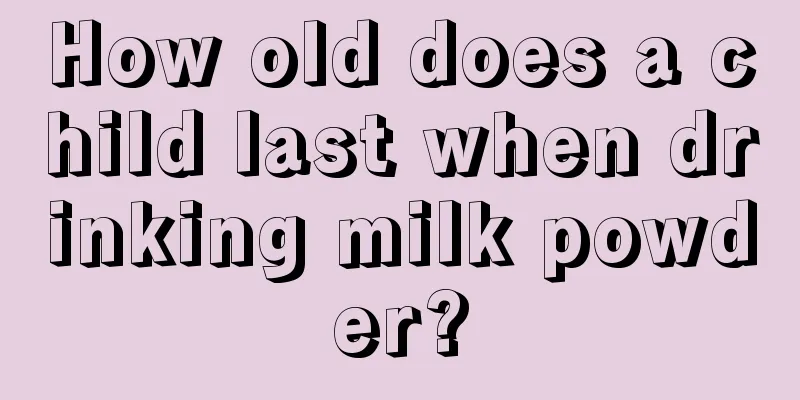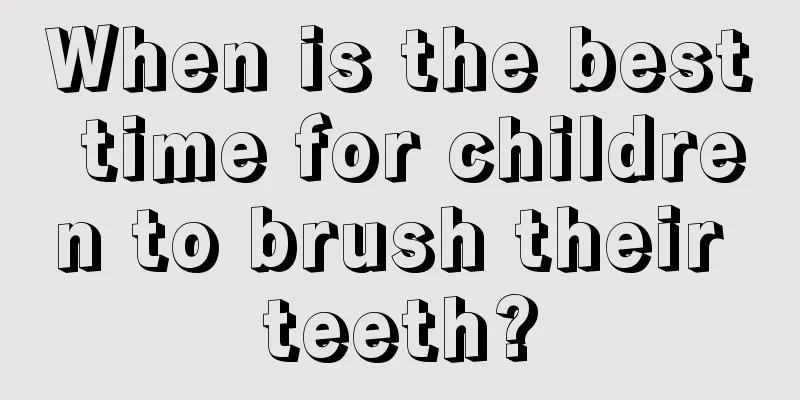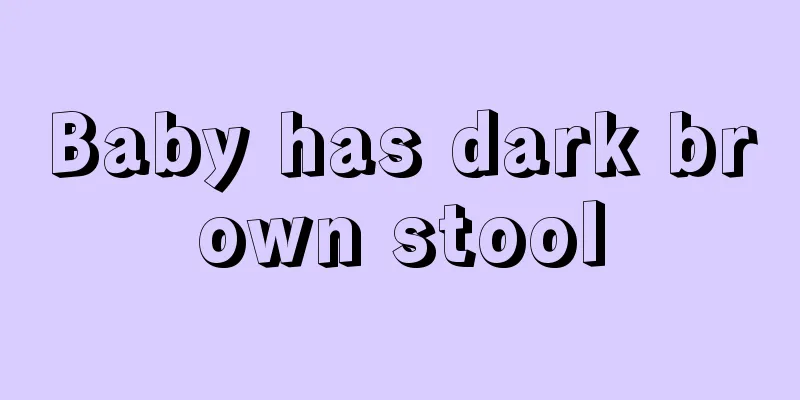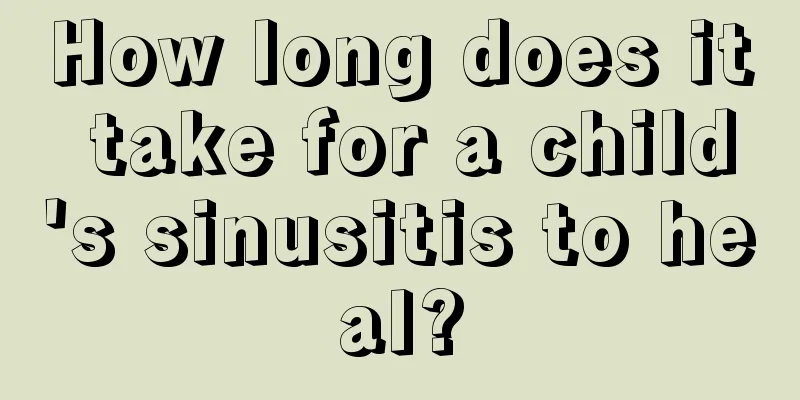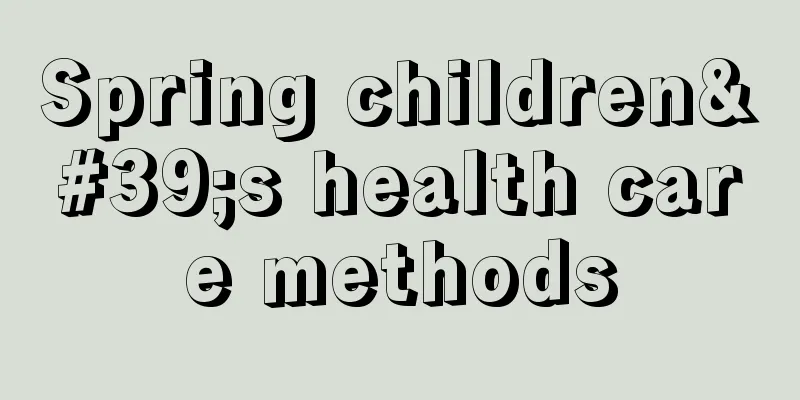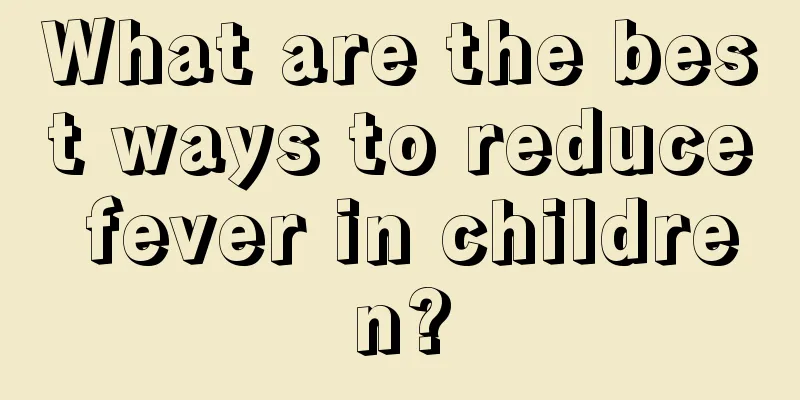What should I do if my child has phlegm in his throat and can't cough it out?
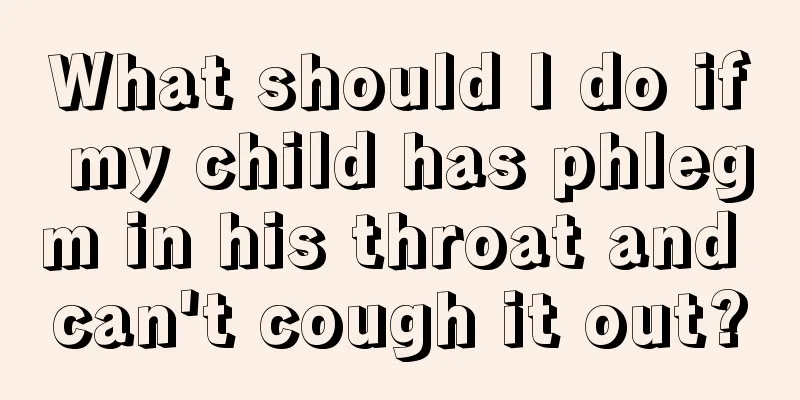
|
We generally believe that the onset of coughing symptoms is caused by pharyngitis, pneumonia or bronchitis. Of course, many people are prone to coughing and have phlegm during the recovery stage after a cold. Children, because they do not understand, often cannot cough out their phlegm when they have a cough. So, as parents, how should we deal with the problem of children having phlegm but not being able to cough it out? First of all, when a baby is infected with a common upper respiratory tract infection, the doctor will mostly give treatment according to the type of disease, such as expectorants and expectorants; if a bacterial infection is suspected, such as acute tonsillitis, appropriate antibiotics should be given. If you get a lower respiratory tract infection (such as bronchiolitis, pneumonia), in addition to medication, you should also strengthen expectoration, steam therapy and water supplementation. But be careful, when helping babies to cough up phlegm, you should pay attention to whether there is any increase in phlegm, because their cardiopulmonary function is not as good as that of adults. Don't just cough up phlegm without paying attention to the baby's condition. If phlegm accumulates deep in the lungs, in addition to relying on expectorants, oxygen masks and moisture to help dilute the phlegm, it is also necessary to cough up the phlegm. Otherwise, phlegm will gradually accumulate and cause breathing difficulties or even respiratory failure. Generally, it takes at least 3 to 4 days for obvious improvement. The best time to clear sputum is 30 to 60 minutes before drinking milk or 2 hours after drinking milk, 10 to 15 minutes each time, 4 to 6 times a day. If you are also receiving spray treatment, then clear sputum after inhaling the medicine. When slapping up phlegm, it is best for the baby to lie prone on the bed or on the parent's lap, with the head low and the feet high (a pillow or quilt can be placed under the lower body). The parent's fingers are put together, bent into a cup shape, and the baby's back is patted with appropriate force, but the bony protrusions and waist should not be patted. After spitting out the phlegm, use posture to drain it, keeping the head low and the feet high for about 10 to 15 minutes, so that the phlegm can flow to the trachea or mouth and nose due to the principle of gravity. Steam therapy and hydration are important for bronchiolitis, but you must consult your doctor carefully. At this point, regarding the phlegm in the child's throat that cannot be coughed out, first of all, parents should take better care of the baby. For the cough problem, they should also consult a doctor this morning and make corresponding adjustments. In addition, the phlegm that cannot be coughed out will also have a great impact on the child, such as infection problems or sleeping problems. As for inflammation and phlegm in the throat caused by colds, it is recommended to keep fit first and then join a group. |
<<: What to do if children have freckles on their faces
>>: Treatment of muscular dystrophy in children
Recommend
What causes knee pain in children?
As we all know, children are prone to symptoms su...
What should I do if my baby has a birthmark on his head and no hair grows?
Birthmarks are a normal physiological symptom and...
Will motor developmental delay affect intelligence?
Maybe many of our children are prone to motor dev...
What causes eczema in children
There are many causes of pediatric eczema. First ...
What are the foods that can replenish blood for babies?
Children's blood supplement Many parents and ...
Can babies eat apples when they have a cough?
It is very common for babies to cough. There are ...
What to do if your child has hemorrhoids
In people's minds, hemorrhoids are a common d...
Can babies get jealous? What Parenting Experts Say
The digestive function of babies who are less tha...
What causes high intraocular pressure in children?
Children are a relatively weak group. Since they ...
What to do if your newborn keeps choking on milk
The arrival of every new life is the hope of a fa...
Newborn baby's white eye has red bloodshot
Having a baby is a very happy thing. Raising a ch...
What should I do if my baby has a stuffy nose and a cold?
Generally, for a newborn baby, each grain is very...
What causes headaches in children?
If a child's head is stimulated by physical o...
How to treat chronic bronchitis in children?
When a child is sick, not only will the child be ...
How to correct bowed legs in children
In order for their children to learn to walk earl...
